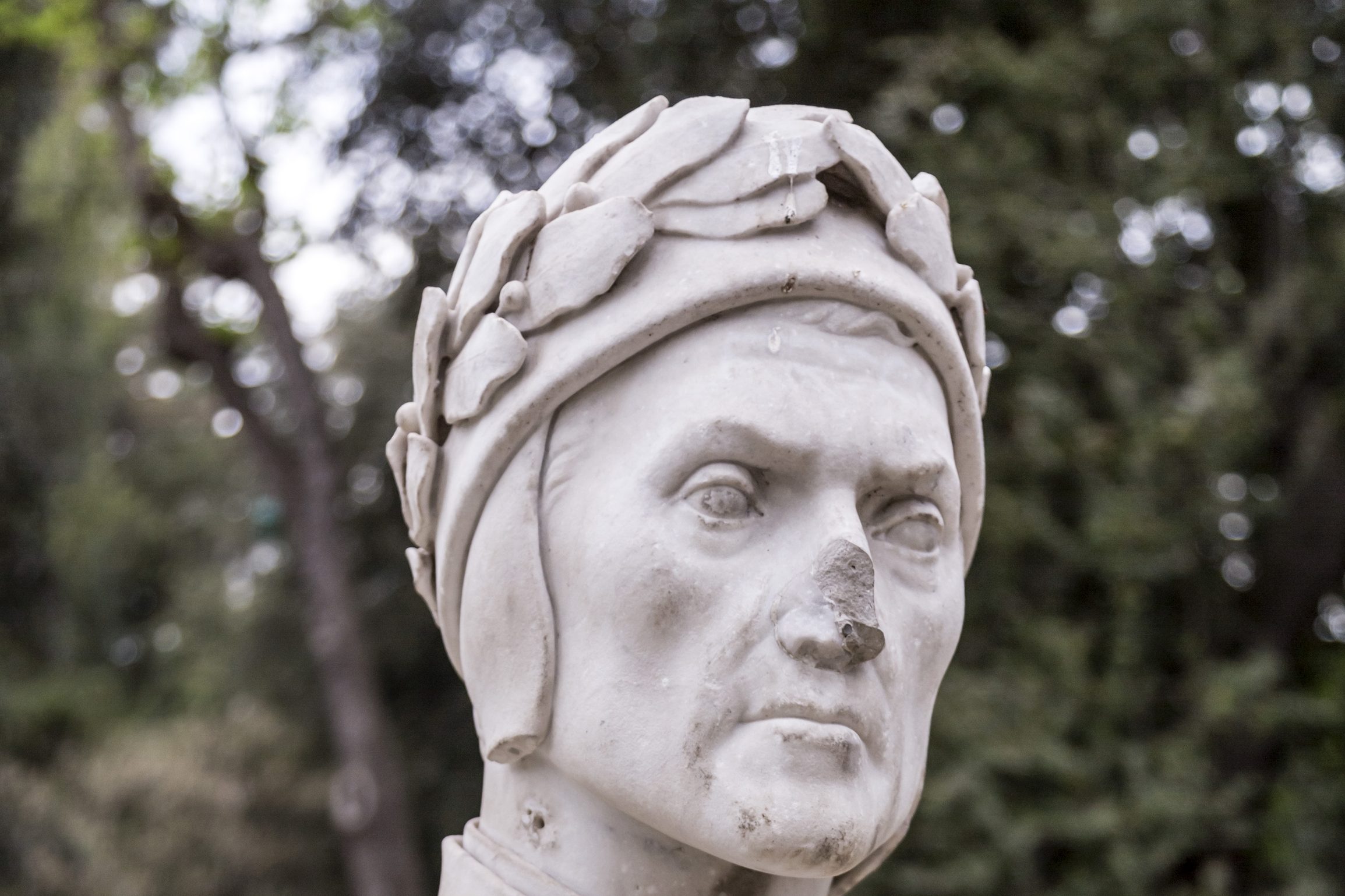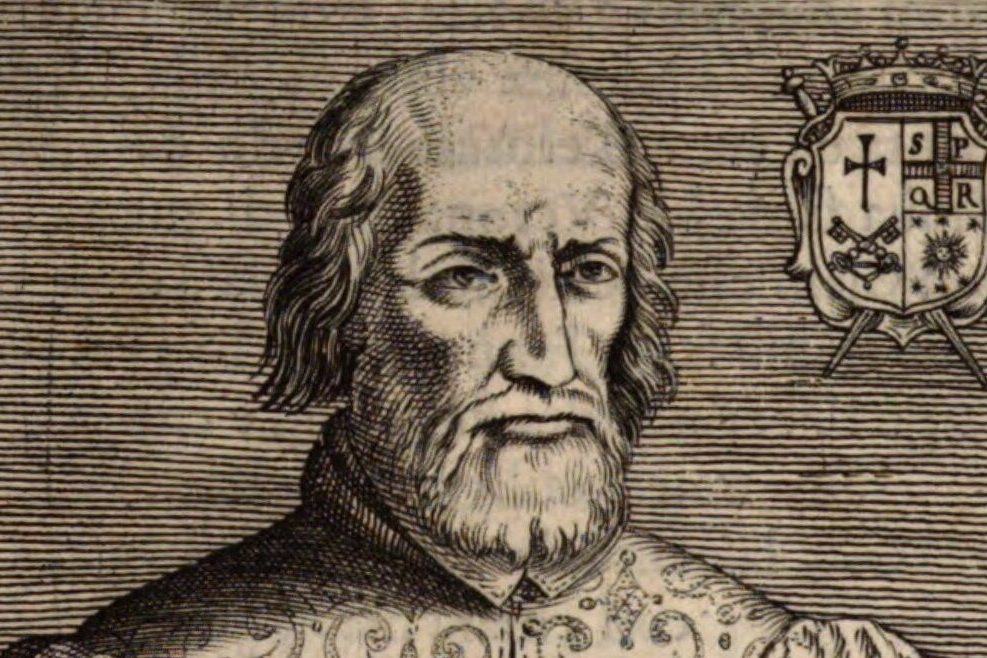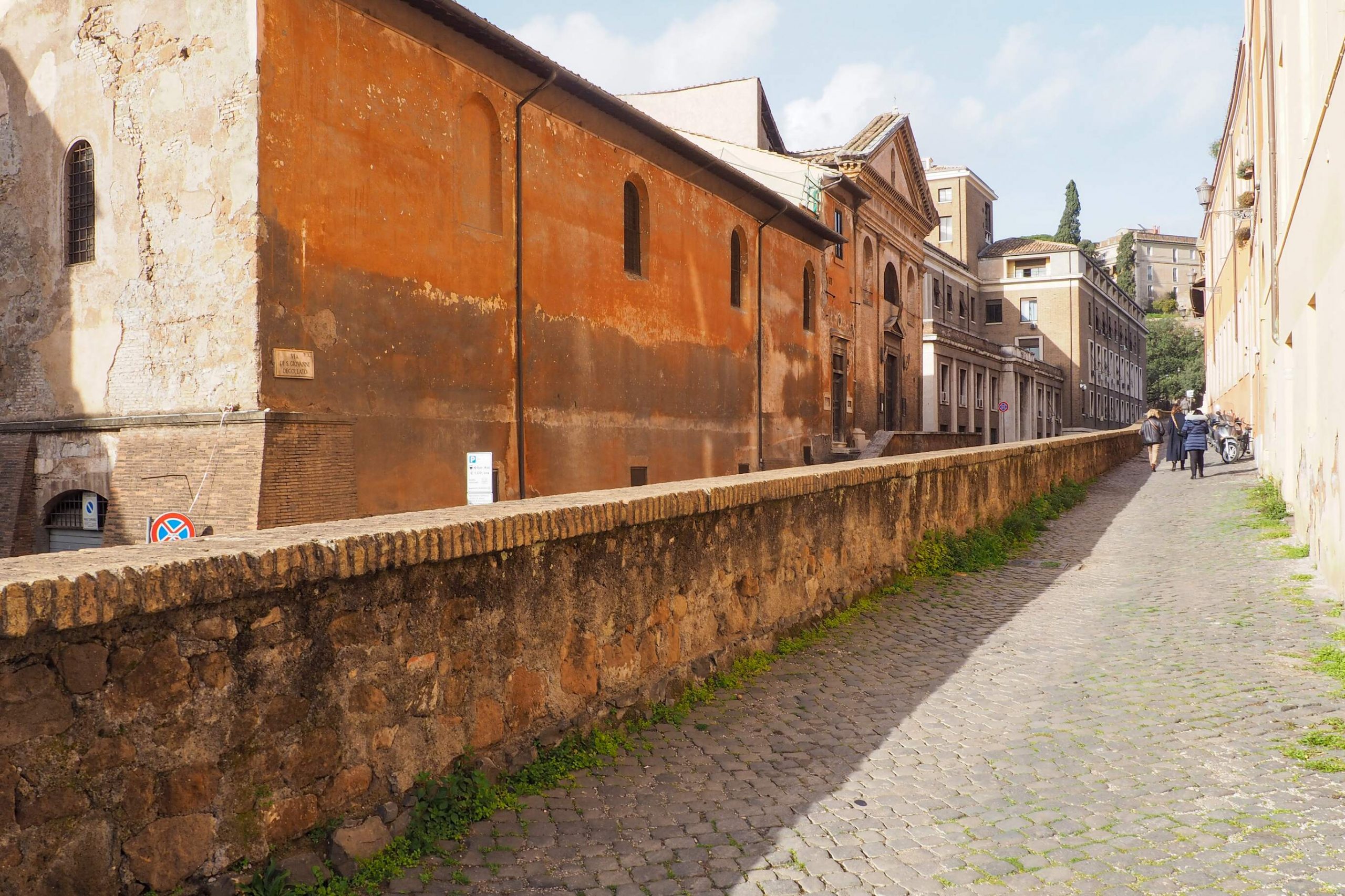When I last saw Garibaldi, he was a broken old man. White streaked his beard. Cataracts clouded and rheum encrusted his eyes. Arthritis crippled his limbs. Propped on crutches in the lobby of the Hotel Costanzi, he was a rust-eaten compass tracing a circle of pain. The bellhops disobeyed his commands and carried the General to a plush suite. He was almost too humiliated to address the crowd assembled in the courtyard.
As he hobbled to the balcony, Garibaldi puffed and swayed. He was so top-heavy that an aide-de-campe had to steady him. The gold braid on his toque frayed. His red shirt had faded to the color of dried blood. Moths had chewed holes in his poncho. Nevertheless, the Hero of Two Worlds, the Cincinnatus of Caprera, had kept his promise to return to the city that he had been forced to abandon.
Twenty-six years before, Garibaldi had come from South America to defend Giuseppe Mazzini’s infant Republic. “During my exile,” he had declared, “I never gave up hope of kissing the august relics of ancient Rome.” Guerilla warfare in the jungles and pampas of Brazil and Uruguay, however, had not trained the General for urban combat. He trounced the Neapolitan army, but was no match against the French troops sent to rescue the Pope. His two favorite tactics—“Never retreat!” and “When in doubt, charge with the bayonet!—failed at the Battle of Villa Corsini.
Garibaldi marched into the hills to continue fighting, but his men slowly deserted him. His beloved wife and comrade-in-arms, Anita Ribeiro, died of malaria near Ravenna. She was pregnant with their fifth child. Garibaldi fled. Anita’s hastily buried body, he learned abroad, was dug up by a dog. This personal tragedy strengthened his resolve to one day recapture the Eternal City.
After conquering Palermo and Naples in 1860, Garibaldi vowed to make Rome the capital of United Italy. “Roma o morte!” he cried. Rome or death! Prime Minister Urbano Rattazzi, who considered Garibaldi a lunatic, gladly obliged. He dispatched the Royal Army to intercept Garibaldi at Aspromonte, near Reggio Calabria. On August 28, 1862, Bersaglieri sharpshooters opened fire on the General’s ragtag troops. During the melee, two bullets struck Garibaldi in the hip and ankle. He was lamed for life.
Leaning over the balcony of the Hotel Costanzi, the invalid general took his last stand. “Romani!” he said. “Siate seri!” Be serious! Rome was the head of the most progressive, most idealistic democracy in Europe! It would export Latin virtue to the world! Romans, therefore, should comport themselves accordingly. They should be moderate, humble, industrious, and prudent.
Above all, they should emulate the British and the Americans, who embodied the steadiness and soberness of classical Rome. Italians, Garibaldi said, would surpass them in greatness but only through discipline and hard work.
The crowd looked puzzled, but Garibaldi continued. Workmen, he said, should be content to remain workmen, to bring up their children to be workmen, and to regard work as “the safest and happiest lot of man.” A blacksmith, a carpenter, a bricklayer is always and everywhere sure of employment, position, and friends. Wherever he goes, he carries with him the best recommendations and passports. If he should find himself unwelcome in his old country, he is sure to be welcomed in a new one. He will maintain his dignity, whatever his circumstances.
Unemployed construction workers grumbled, but the General cited personal experience. After the debacle of 1849, he had immigrated to the United States and had toiled as a common laborer. He had made candles and ground sausages in Staten Island. He had cleaned docks and scraped barnacles in San Francisco. He had transported guano from the Chincha Islands to Baltimore. He had—
“Take your guano to Turin!” somebody snarled. “Do you know how hard it is to find work in this city? The paper-pushers control everything! Don’t talk to us about dignity!”
A brass band drowned out the hecklers, but the damage was done. The ambush had been worse than Aspromonte. Wounded and confused, Garibaldi retreated from the balcony. Twenty years later, to add insult to injury, Rome erected an equestrian statue to him on the Janiculum, the site of his defeat.
Although Garibaldi’s horse faces the city, his head cocks slightly to his left. While the Pope opposed the House of Savoy, officials claimed that Garibaldi kept an eye on the Vatican. After the Lateran Treaty, he supposedly turned his gazed towards the Capitol. By necessity, Roman monuments are equivocal.
Pasquino’s secretary is Anthony Di Renzo, associate professor of writing at Ithaca College. You may reach him at direnzo@ithaca.edu.































